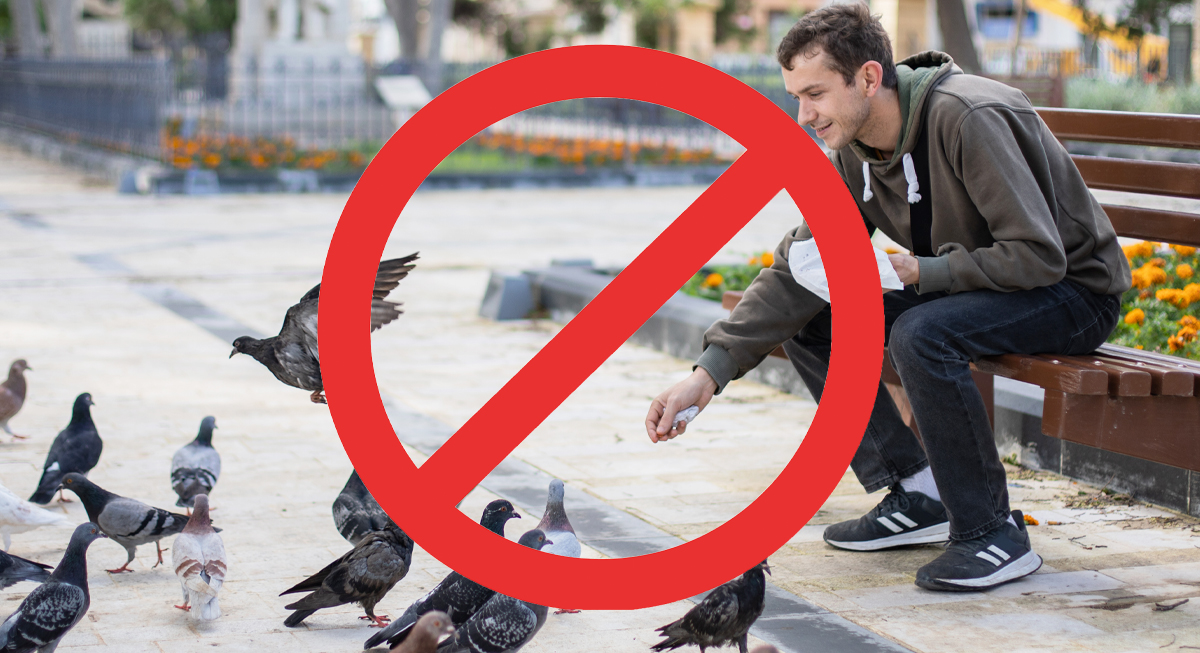Food is an essential part of culture, but sometimes, the rules surrounding it can leave you scratching your head. There are strict bans and quirky laws that leave outsiders confused. However unusual they may seem, the rules often reflect local traditions, safety concerns, or efforts to preserve heritage. Here are some fascinating food laws from around the world that might just surprise you.
No Chewing Gum in Singapore

Credit: pexels
In Singapore, chewing gum is strictly regulated. The law aims to stop gum from sticking to public places like sidewalks and train doors. Only therapeutic gum, such as nicotine gum, is allowed with a prescription. Violators risk fines, making it a surprisingly serious rule for something so small.
Ketchup Restrictions in French Schools
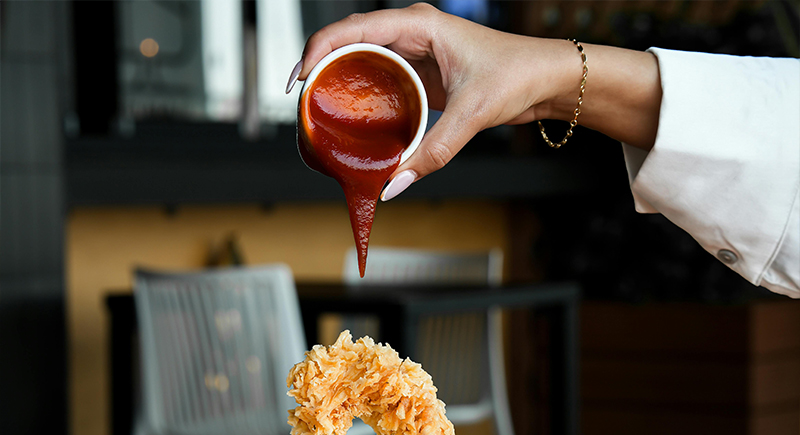
Credit: pexels
French schools take their food culture seriously. To prevent children from overusing ketchup, it's only served with certain dishes like fries. The rule encourages students to embrace traditional French cuisine without overpowering it with condiments. It’s a good representation of France's pride in its culinary traditions.
Olive Oil Decanters Banned in Restaurants in Italy
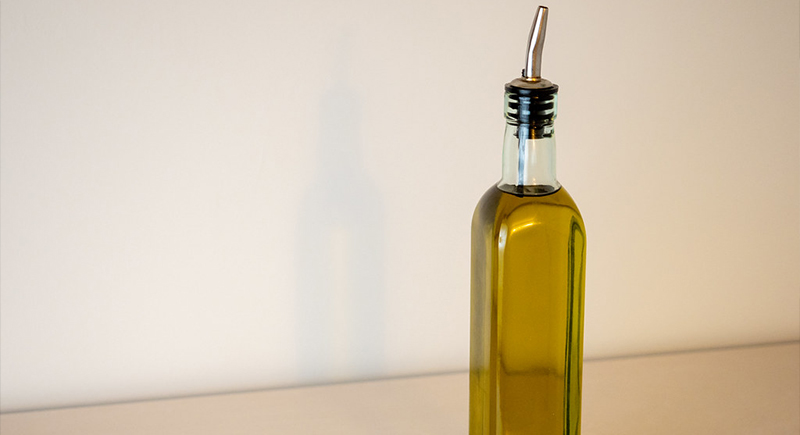
Credit: flickr
Italy's food safety laws are strict about olive oil. Restaurants must serve olive oil in sealed, labeled bottles rather than refillable decanters. This way, customers receive pure, unaltered olive oil without any tampering. For a country that treasures its olive oil, this law is no surprise.
Wasting Bread is Illegal in Germany
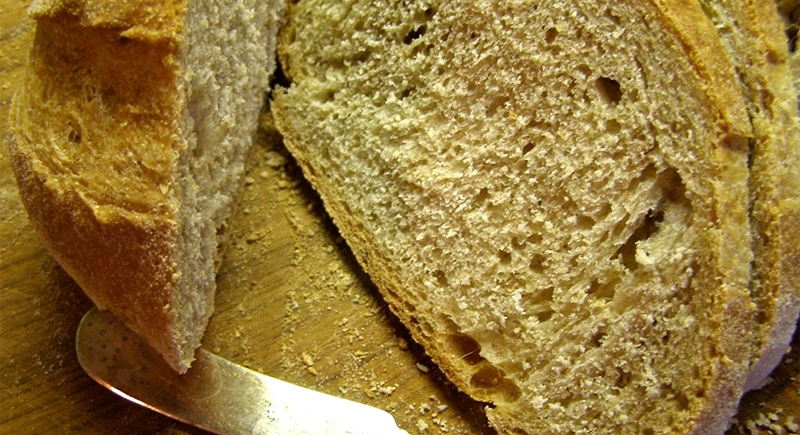
Credit: flickr
Bread has deep cultural importance in Germany, where over 3,000 types exist. Although rarely enforced, wasting bread is viewed as disrespectful and unacceptable. Many bakeries partner with charities to donate leftover bread and ensure that nothing goes to waste.
No Eating in Public During Ramadan in the UAE
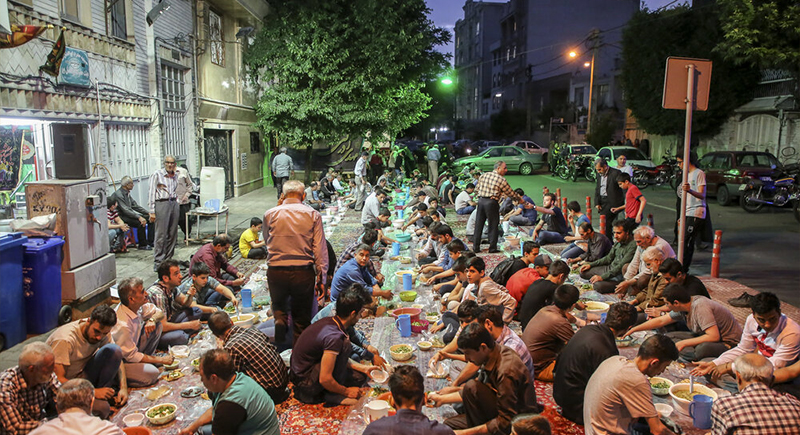
Credit: Wikimedia Commons
During Ramadan, the UAE prohibits eating, drinking, or smoking in public while the sun is up. Even non-Muslims must adhere to this rule out of respect for those fasting. Restaurants often remain closed during the day all across the country.
Licensing Required for Haggis in the United States
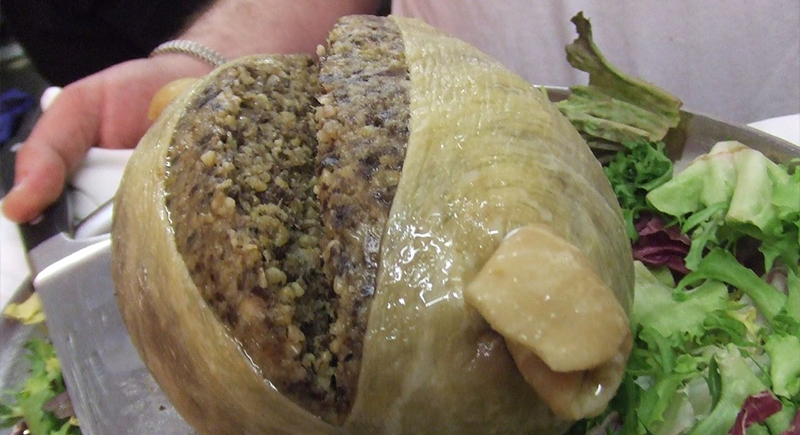
Credit: Wikimedia Commons
Traditional Scottish haggis contain sheep lungs, which are banned in the U.S. due to health regulations. Only modified recipes can be sold, and they require strict licensing to meet safety standards. This makes authentic haggis hard to find and disappoints many fans of Scottish cuisine.
Feeding Pigeons is Forbidden in Venice
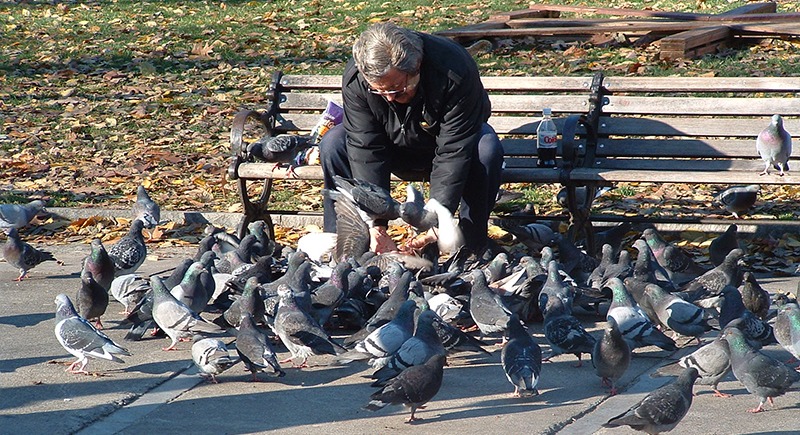
Credit: Wikimedia Commons
Venice prohibits feeding pigeons to protect its stunning architecture. Bird droppings can corrode the surfaces of historic buildings and cause expensive damage. By preventing people from feeding pigeons, the city reduces their numbers and keeps its famous landmarks clean for future generations to enjoy.
Selling Kinder Eggs is Illegal in the U.S.
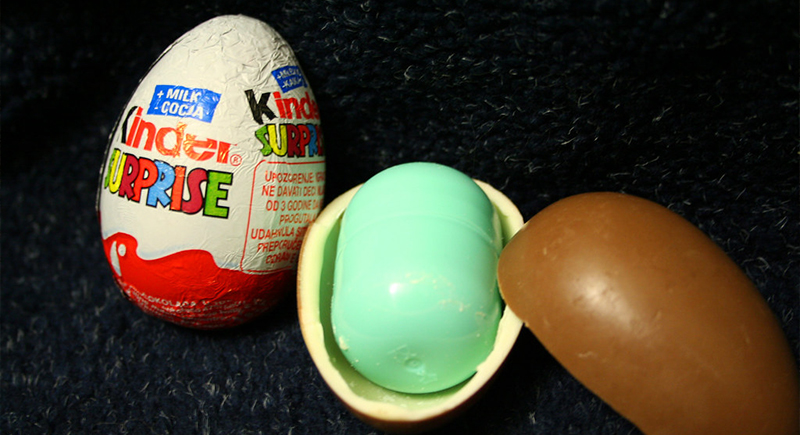
Credit: flickr
Kinder Surprise eggs are banned in the U.S. because they contain small toys inside. The law considers them a choking hazard for children. Anyone caught selling or importing these chocolate treats faces fines. Despite their popularity worldwide, this safety rule keeps them off U.S. shelves.
Fish Must Be Able to Swim in Switzerland
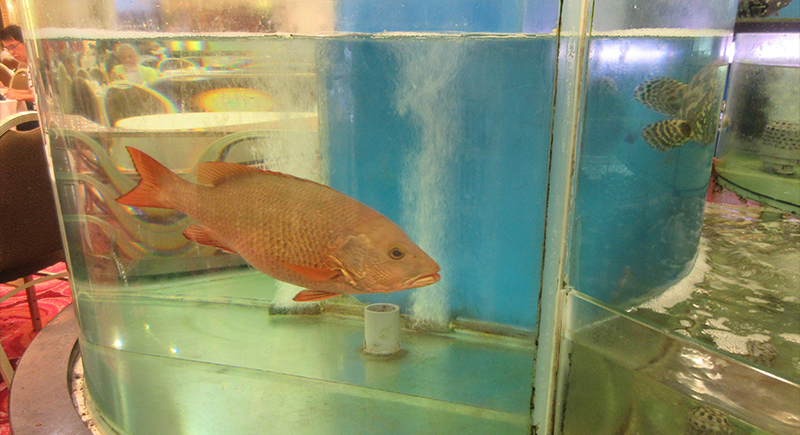
Credit: Wikimedia Commons
Swiss animal welfare laws ensure fish are treated humanely. Fish must live in tanks that allow them to swim naturally before being killed. Stunning them beforehand is also required to reduce suffering.
No Ice Cream on Sundays in Kentucky

Credit: pexels
An unusual law in Kentucky once banned eating ice cream on sidewalks on Sundays. While the rule is outdated and rarely enforced, it can help us understand an era when certain activities were restricted for religious reasons. Today, it’s mostly remembered as a quirky part of Kentucky’s history.
Margarine Must Be Dyed Pink in Canada

Credit: Wikimedia Commons
At one time, margarine in Canada had to be dyed pink to differentiate it from butter. This law was created to protect the dairy industry, which feared margarine would hurt butter sales. Though the rule is no longer in place, it is a fascinating piece of food history.
No Garlic After Dark in Italy's Capri
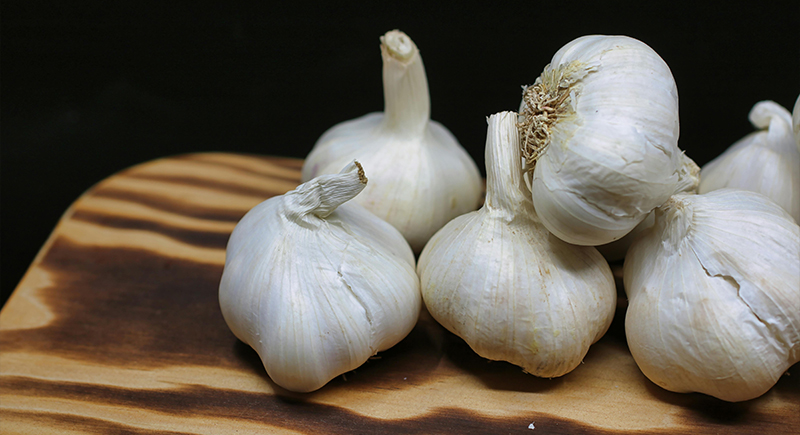
Credit: pexels
In Capri, cooking with garlic in the evening is discouraged to avoid strong smells lingering in the air. Since Capri is a popular tourist spot, this unusual rule helps maintain a pleasant atmosphere for visitors. It keeps the island’s charm intact.
Raw Milk is Restricted in Australia
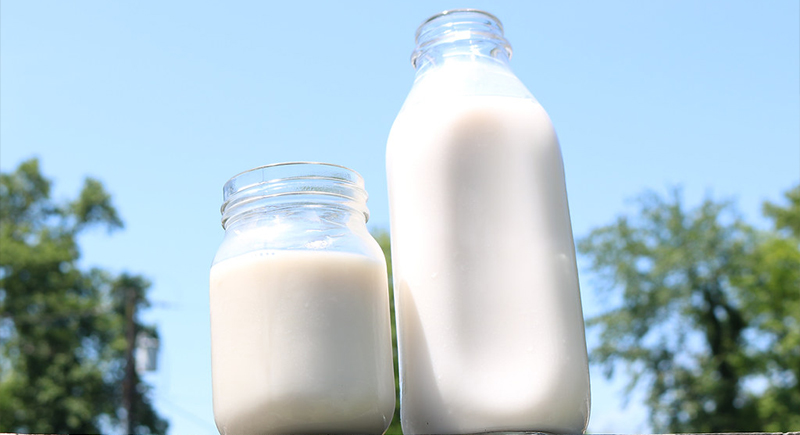
Credit: flickr
Australia has banned raw milk for human consumption due to health concerns. Raw milk can contain harmful bacteria, so only pasteurized milk is allowed on store shelves. Some farmers sell raw milk as "bath milk" to work around the rules, but drinking it remains illegal.
No Eating Watermelon in Public in Turkmenistan
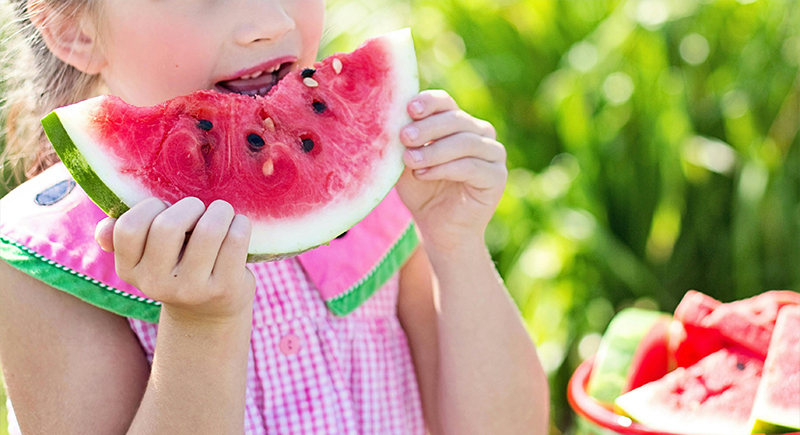
Credit: pexels
Although not illegal, in Turkmenistan, eating watermelon in public is considered inappropriate. The fruit is traditionally enjoyed in private settings, often with family or friends. It’s a cultural expectation that visitors and locals alike are expected to respect.
Pasta Shapes Regulated in Italy
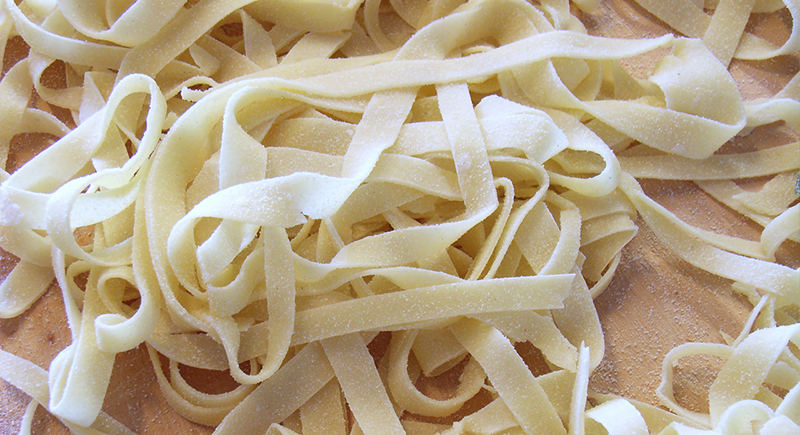
Credit: Wikimedia Commons
Italy has laws that regulate the size and shape of pasta to ensure quality and consistency. These rules dictate everything from how pasta is made to its dimensions. By setting such high standards, Italy preserves its culinary identity and guarantees every pasta dish meets expectations.

